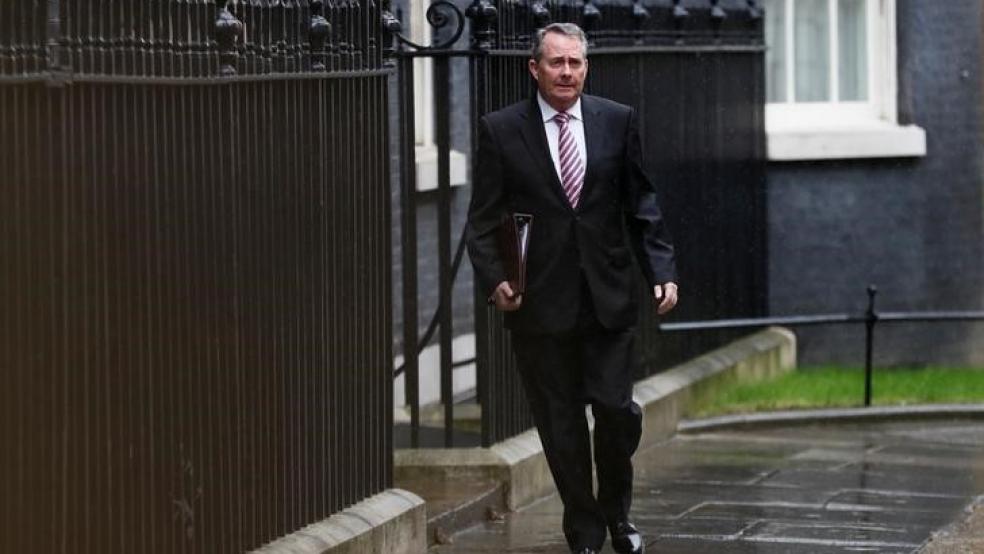LONDON (Reuters) - Britain's housing market lost momentum last month as lenders approved the fewest mortgages in nearly three years following the Bank of England's first interest rate hike since the global financial crisis.
At the same time, lending to consumers - something the BoE is watching closely - sped up for the first time in four months.Britain's economy lagged behind stronger growth in much of the rest of the world last year as the rise in inflation triggered by June 2016's Brexit vote and weak wage growth ate into households' disposable income.Tuesday's data showed the biggest rise in the interest rate on existing mortgages since 2010. That spells further weakness in the housing market during 2018 when the BoE is expected to raise interest rates again, economists said. "While the increase in interest rates in November was just 0.25 percent and mortgage rates are still at historically very low levels, there does appear to have been some impact on house buyers' psychology," said Howard Archer of economic consultants EY Item Club.The BoE will signal next week whether it is likely to raise rates again in May or wait for clearer signs of what kind of trade deal Prime Minister Theresa May is likely to extract from the European Union.A government report seen by Buzzfeed News on Monday showed Britain will be worse off under each of three broad scenarios for the country's future relations with the EU than if it stayed in the bloc.The BoE said the number of mortgages approved for house purchase fell to 61,039, the lowest since January 2015, from 64,712 in November and below the median forecast in a Reuters poll of economists for a drop to 63,500.But consumer lending increased by a stronger than expected 1.52 billion pounds ($2.15 billion) in December, pushing up the yearly growth rate to 9.5 percent from November's 9.3 percent. Consumer credit growth had been slowing gradually since it peaked at nearly 11 percent in November 2016.Net mortgage lending also rose by a stronger than expected 3.68 billion pounds.The BoE has said there is no British debt bubble but has told banks to set aside more money against the risk of bad loans.After a Christmas holiday marked by tight spending by consumers, there were signs that households felt a bit more optimistic in early 2018, possibly encouraged by signs that inflation has peaked and wage growth might gather pace.Consumer confidence rose at the fastest pace in a year in January, polling firm YouGov and the Centre for Economics and Business Research, a consultancy, said.A separate survey published by the European Commission showed British consumer confidence in January was its strongest since March 2017.($1 = 0.7077 pounds) (Writing by William Schomberg)New UK mortgages fall to three-year low after Bank of England rate hike

Simon Dawson



